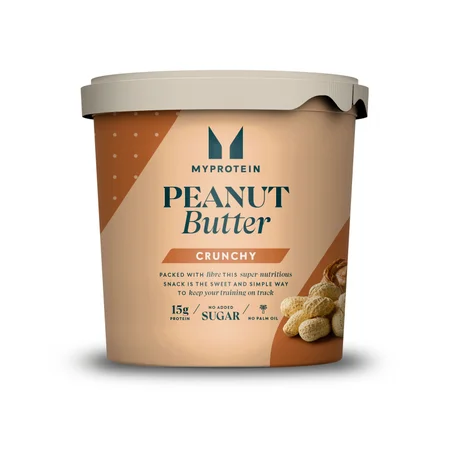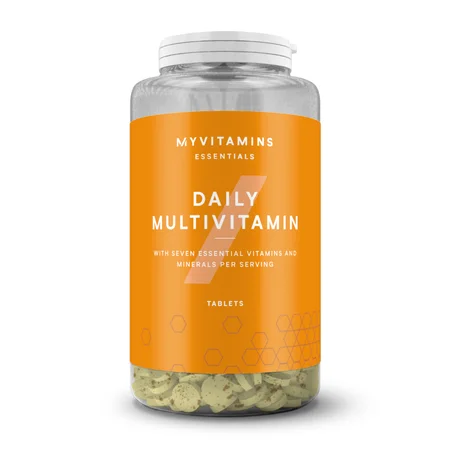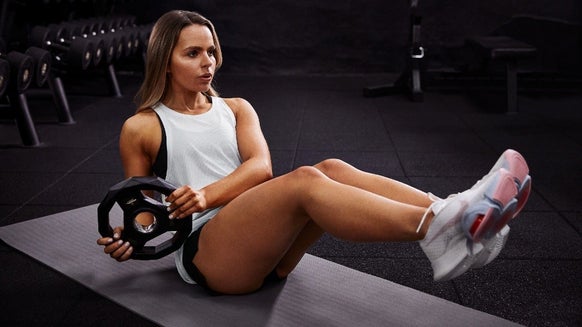Why You Won’t Lose Your Gym Gains & Running Robotics | This Week’s Top Studies
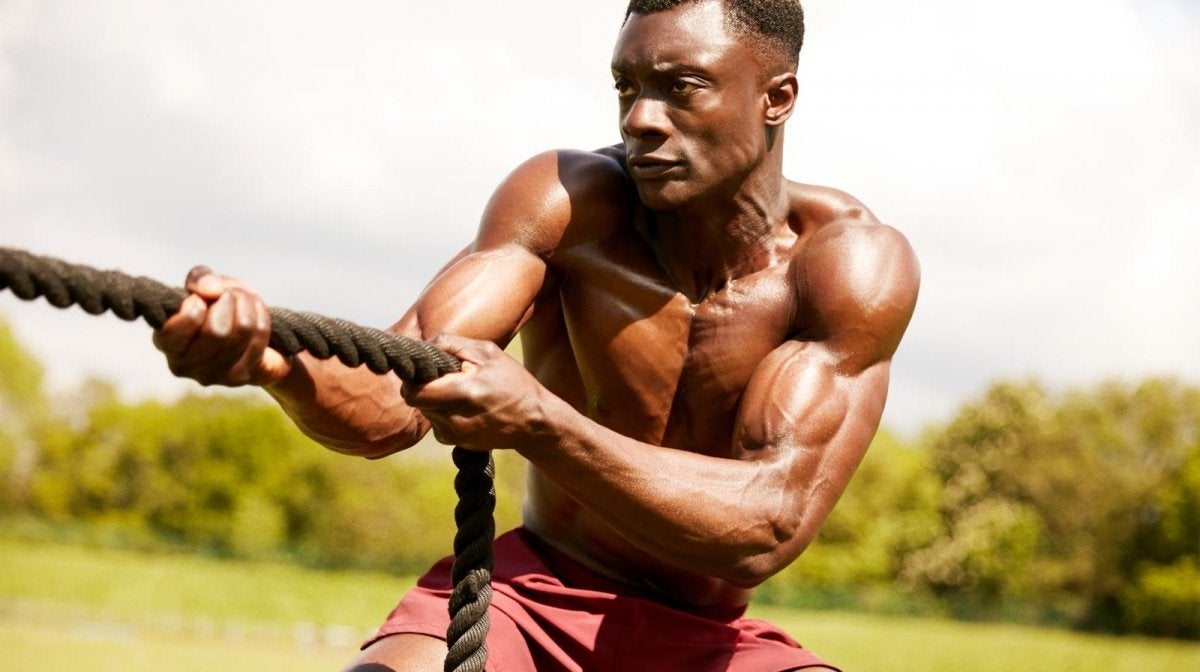
In the past few weeks, we’ve all learnt the importance of trusting science over rumour, so why not apply this to our training and nutrition too? Welcome to our weekly breakdown of the studies that will have you rethinking your routine and busting the myths prevalent around exercise and what we eat.
This week, we’re stopping you worrying missing the gym, helping you rediscover a love for running and maybe significantly improve your pace. Let’s dive right in.
Stuck at home? Don't worry about losing your gym gains

With gyms across the country closed and us confined to our houses, you may be a little concerned about losing your hard-earned muscle. If this is you, then you’ll be glad to know that a recent study has suggested that you could regain that strength faster than the first time when you finally get back to training.1
The study first put a group of sedentary older men on a 12-week training programme to gain muscle strength and size. They then made them take 12 weeks away from training and found that when they went back to working out after this period, it only took them 8 weeks to regain that muscle and strength.
This muscle memory is definitely promising for those of you struggling to get a good workout in at the moment. It’s not clear why exactly this is the case yet, with a few different theories floating about. So, exercise where you can, with the knowledge that you’ll get back to smashing goals soon enough.
Considering running while you can’t get to the gym?

A lot of you who prefer the gym will be considering heading out for a run for the first time this week. Well, what if you could automatically improve your pace and distance without weeks of training, while also reducing the strain on your legs? Researchers may have done just that.2
Engineers in the US have created a powered exoskeleton that fits to the shin and loops under the heel, with a carbon fibre bar inserted into the sole, near the toe. The result? Adding that extra spring to yourself, making you feel like you could keep running forever. It helped the runners conserve energy, meaning they could run about 10% faster than usual — that’s pretty impressive.
Unfortunately, you can’t get your hands on this just yet, so it’s back to plodding the pavements for now.
Take home message
We hope that this week’s studies have given you a little hope as you push through with those home workouts and one run per day. Don’t get hung up on what you can’t do right now and get stuck in with everything that you can do. The gym and your goals will be waiting for you at the end of this — and now you know it won’t take you too long to get back to where you were.
READ THIS NEXT:
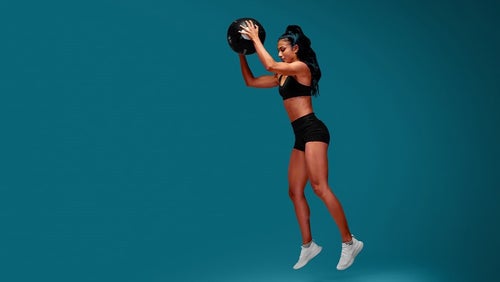
Fitness Trackers Fighting The Flu & "Less Is More" Weightlifting | This Week's Top Studies
Could these new studies help you upgrade your health and your training?

Exercise & Immunity, Preserving Muscle & Tech Vs. Food Intake | This Week's Top Studies
Does exercise affect your immune system? Find out this and more here.

Evangeline has taken part in competitive sports since a young age. As a qualified RYA Dinghy Instructor, she understands the importance of proper nutrition for fuelling extreme and endurance sports, especially due to her experience in Team GBR Squads and captaining and coaching her University first team.
In her spare time, Evangeline loves running – especially marathons. On the weekends, you’ll find her taking on water sports or hiking up a hill. Her favourite evenings are spent taking on a HIIT session or squats in the gym before digging into some spicy food and a ton of vegetables – yum!
Find out more about Evie's experience here.
